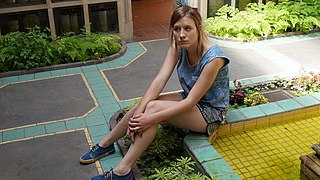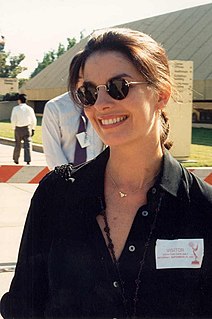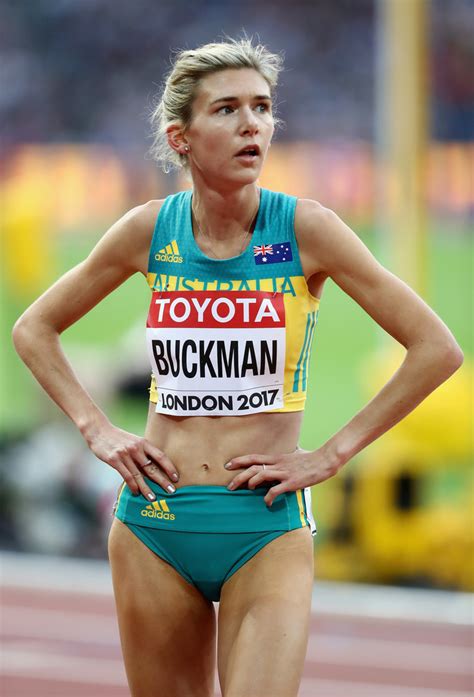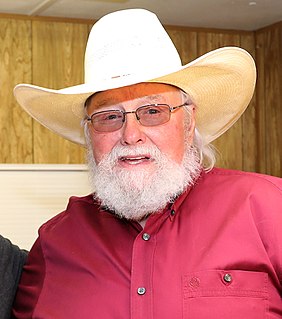A Quote by David Shields
I argued strongly to the American publisher that 'Reality Hunger' should come out first. They thought that 'The Thing About Life' would have more appeal because it's on a broader topic; it's about mortality rather than art.
Related Quotes
My own thinking has evolved. You find Africanisms in American speech. You find an African influence on United States culture. There are all kinds of Africanisms in America, as you would expect, if you really thought about it... That whole thing is much broader; the influence is much broader than I first understood.
As soon as I finished 'The Finkler Question,' I was in despair. I'd changed my English publisher because they'd been lukewarm about it and not offered enough money. The American publisher didn't like it. The Canadian publisher didn't like it... I'd been bleeding readers since my first novel, and I could see my own career going down.
I appreciate the fans who come out here, and they support us, but it's football. We're not saving lives. We're not police officers. We're not doctors. We're football players, first and foremost. If you want to stop watching the game because a guy feels strongly about a very serious topic that's going on in our society, then that's your choice.
The thing about writing or making art is that I'm not thinking about that stuff while I'm doing it. Like the driver's ed kid, in retrospect I see that that was meaningful, and I felt close to him in that way, but at the time I just thought it was fun to draw, and that's all it was. I think that's what's weird about life and about making art. You have to talk about it later. I guess I should be prepared to talk about it now. That is why I'm here. But again, pass.
I think a lot of people are involved in art because of the fashion of art and the conversation. It gives them a certain sophistication, something to speak about. But art is, if it's conceptual, really about understanding the concept. And if it's beautiful, it's about seeing the beauty. It's gone much further than that now. There's too much commercialism attached to art. If the market cracks one day big-time, you'll frighten so many people away who will never come back. Because they don't really feel for art. People who buy art should want it because they love it, they want to enjoy it.
No publisher should ever express an opinion on the value of what he publishes. That is a matter entirely for the literary critic to decide. I can quite understand how any ordinary critic would be strongly prejudiced against a work that was accompanied by a premature and unnecessary panegyric from the publisher. A publisher is simply a useful middle-man. It is not for him to anticipate the verdict of criticism.
There are all sorts of theories and ideas about what constitutes a good opening line. It's tricky thing, and tough to talk about because I don't think conceptually while I work on a first draft -- I just write. To get scientific about it is a little like trying to catch moonbeams in a jar. But there's one thing I'm sure about. An opening line should invite the reader to begin the story. It should say: Listen. Come in here. You want to know about this.
But I'd rather help than watch. I'd rather have a heart than a mind. I'd rather expose too much than too little. I'd rather say hello to strangers than be afraid of them. I would rather know all this about myself than have more money than I need. I'd rather have something to love than a way to impress you.
If you think about it enough to have a really articulate answer, you're not doing it right. That's how I feel about art. If your thought process could take you to knowing exactly what you're doing and why, there would be no point in making the art. It would become like propaganda. It's more nebulous than that.
Look, if you can indulge in your passion, life will be far more interesting than if you're just working. You'll work harder at it, and you'll know more about it. But first you must go out and educate yourself on whatever it is that you've decided to do - know more about kite-surfing than anyone else. That's where the work comes in. But if you're doing things you're passionate about, that will come naturally.
































